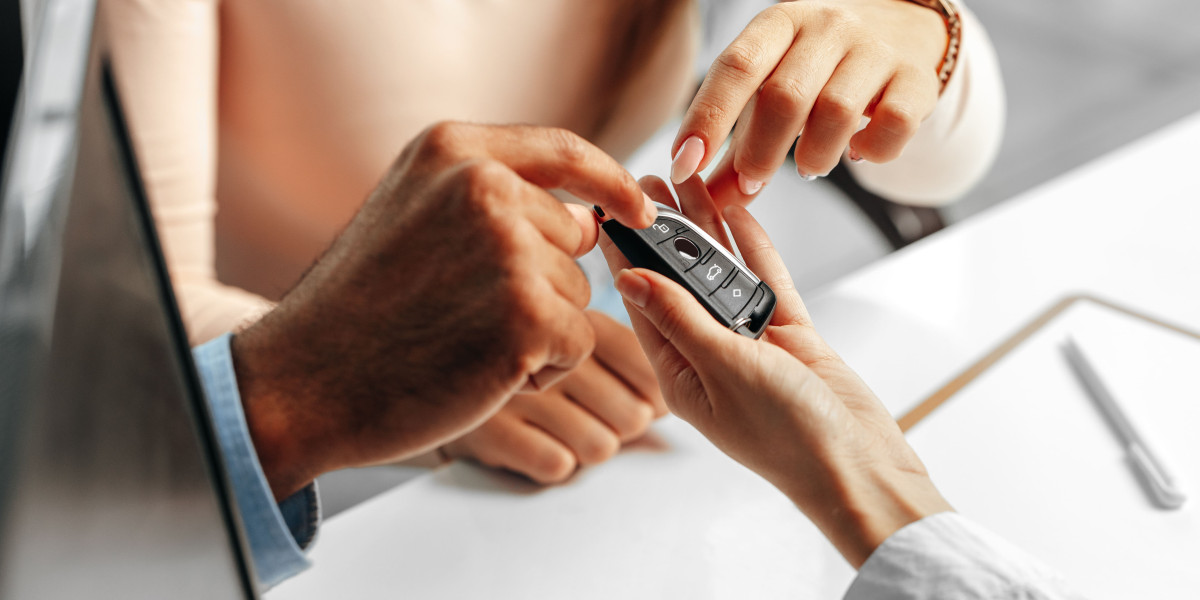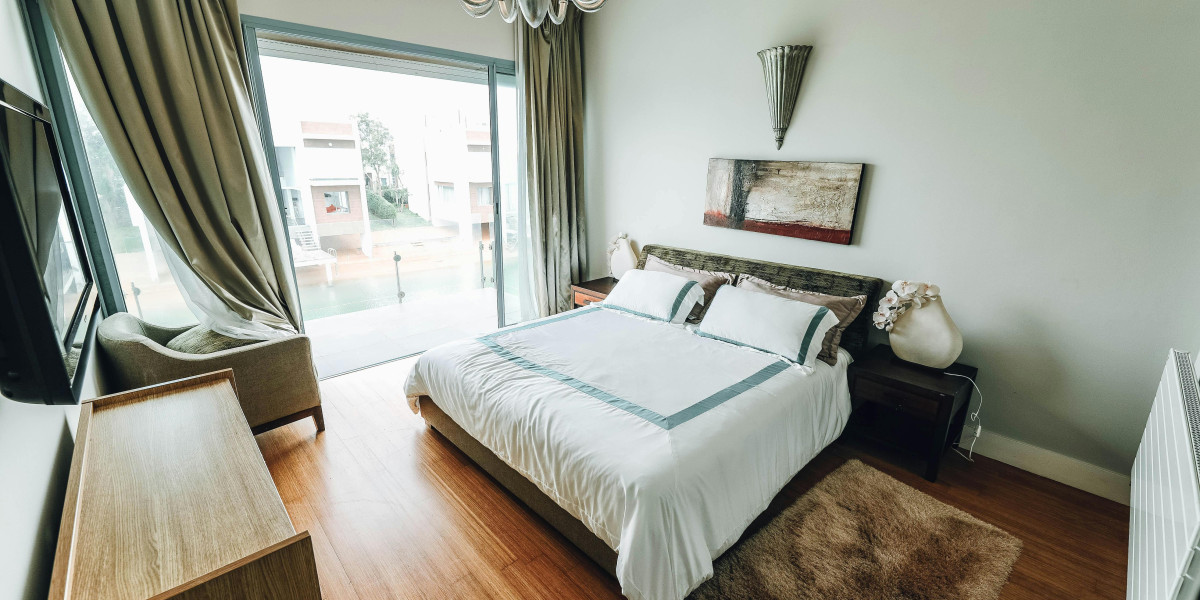Security cameras are essential for safeguarding homes and businesses, but like any electronic device exposed to the elements, they require regular maintenance. One of the most important yet overlooked tasks is cleaning. Dirty lenses or foggy housings can compromise image quality, potentially putting your property at risk. In this guide, we explore how to properly clean your CCTV camera’s lens and housing, along with expert tips to ensure you don’t damage the equipment.
Why Cleaning Your CCTV Camera Is Important
Over time, outdoor CCTV cameras accumulate dust, pollen, rainwater spots, insect residue, and bird droppings. Indoor cameras can attract dust and cobwebs. This buildup can obscure the lens and reduce the clarity of the footage, making it harder to identify faces or license plates in an incident. Regular cleaning ensures your system performs optimally and prolongs its lifespan. It also reduces false alarms caused by obscured or unfocused motion detection.
How Often Should You Clean Your Security Camera?
Cleaning frequency depends on your environment. Outdoor cameras in dusty or high-pollution areas may need monthly attention, while indoor cameras might only need cleaning every 2-3 months. Factors like proximity to trees, construction zones, or ocean air can accelerate grime accumulation. Consistent inspection helps identify when cleaning is needed. Set a routine schedule—perhaps aligned with other property maintenance tasks—to ensure it isn’t neglected.
Precautions Before You Start Cleaning
Before cleaning, always power off the camera and, if possible, disconnect it from the power source. This ensures safety and prevents accidental movements in motorized units. Never use harsh chemicals, abrasive cloths, or high-pressure water jets. Check the manufacturer’s instructions for cleaning recommendations. Wear clean gloves to avoid transferring oil or dirt to the lens, and work in a shaded area to prevent quick evaporation of cleaning agents that might leave streaks.
Tools and Materials You’ll Need
Proper tools make all the difference when cleaning surveillance equipment. Some essential supplies include:
Microfiber cloths
Compressed air canister
Lens cleaning solution (camera-safe)
Soft-bristled brush
Cotton swabs
Isopropyl alcohol (optional for tough grime)
Screwdriver (for opening housings if necessary)
Using the right materials prevents scratches and ensures a thorough clean without damaging sensitive parts of the camera.
Step-by-Step Guide: Cleaning the Camera Lens
The lens is the most delicate and important part of your CCTV camera. Here's how to clean it properly:
Blow away loose dust using compressed air.
Gently wipe the lens with a microfiber cloth.
Apply a few drops of lens cleaning solution to the cloth (never directly on the lens).
Wipe in a circular motion to remove smudges.
Use a dry cloth or cotton swab to remove any leftover moisture.
Avoid over-saturating the cloth or rubbing too hard, as this can leave scratches or residue.
How to Clean the Camera Housing
The housing protects your camera from environmental exposure and should be kept clean to maintain its transparency and function. For domes, enclosures, or bullet-style housings:
Remove any detachable covers using a screwdriver, if needed.
Wipe down the exterior and interior using a damp microfiber cloth.
Use a soft brush to dislodge insects or grime from crevices.
Dry the housing completely before reassembly.
Maintaining the housing ensures the lens stays protected and reduces the chance of dirt entering sensitive areas.
Dealing with Moisture and Fogging Issues
One common problem in CCTV systems is internal condensation or fogging, especially in humid or coastal areas. If you encounter this:
Open the housing and dry it with a hairdryer on low heat.
Use silica gel packets inside the housing to absorb moisture.
Ensure that all seals and gaskets are intact to prevent leaks.
For long-term prevention, consider upgrading to weatherproof cameras with anti-condensation features like those available at Security Cameras Installation.
Special Tips for Cleaning Outdoor Cameras
Outdoor cameras face harsher conditions. Here are some pro tips:
Schedule cleaning after storms or dust events.
Install camera shields or hoods to reduce dirt exposure.
Trim vegetation that may obstruct or dirty the lens.
Clean during cooler parts of the day to avoid rapid evaporation of cleaning liquids.
For more information on rugged installation techniques, check out this useful guide on IP video intercom installation.
Using Cleaning Solutions Safely
Always use products specifically designed for optical lenses. Household cleaners can contain alcohol, ammonia, or bleach—harsh ingredients that damage coatings or plastic components. If you’re unsure, consult your camera manufacturer’s care instructions or use distilled water as a gentle alternative. Never spray directly on the camera—this can cause liquid to seep into internal components and void warranties.
How to Prevent Frequent Build-Up
Prevention is easier than frequent deep cleaning. Use camera housings with hydrophobic coatings or install wipers on PTZ cameras. Regular inspections will help spot cobwebs or dirt before they affect image clarity. Consider installing cameras under eaves or sheltered spots. Modern systems, like those detailed in this cleaning-focused CCTV maintenance guide, also feature self-cleaning lenses and heating elements to reduce maintenance needs.
Avoiding Common Cleaning Mistakes
Avoid these frequent errors:
Rubbing too hard on a dry lens
Using paper towels (they scratch)
Skipping power shutdown before cleaning
Using tap water, which leaves mineral spots
Ignoring internal fog or dirt behind the lens
Even a minor scratch or chemical mistake can lead to distorted images or a damaged device. When in doubt, consult a professional technician.
When to Hire a Professional
If you’re dealing with hard-to-reach cameras, sealed dome units, or persistent fogging, professional help might be the safer route. Licensed installers have tools and training to clean without voiding warranties or damaging equipment. Additionally, periodic maintenance services often include full system diagnostics, firmware checks, and alignment corrections.
Long-Term Maintenance Tips for CCTV Cameras
Maintenance isn't just about cleaning. Long-term care includes:
Firmware updates for smart cameras
Secure mounting checks
Cable inspections
Testing recording quality regularly
Adjusting camera angles as needed
Combine cleaning with routine maintenance checks to maximize performance and ensure reliable surveillance.
Choosing the Right CCTV Camera Design for Easy Maintenance
Some camera types are easier to maintain than others. Dome cameras offer good protection but can fog up inside. Bullet cameras are easier to clean but more exposed. PTZ cameras may require special care due to their moving parts. Choosing the right model based on your environment can reduce maintenance needs and cleaning frequency.
Smart Accessories That Reduce Cleaning Needs
Modern accessories can make life easier:
Dome covers with anti-scratch coatings
Weather-resistant housings
Motion-activated washers
Built-in heating elements
Wiper arms for PTZ domes
Such add-ons improve longevity and reduce the frequency of manual cleaning.
FAQs About Cleaning CCTV Cameras
1. Can I use alcohol to clean a CCTV lens?
Only if it’s camera-safe isopropyl alcohol in low concentration. Avoid high-alcohol cleaners or bleach-based products.
2. How do I remove spider webs from my camera?
Use a soft-bristle brush and keep the area clear of lights that attract bugs.
3. Is rain enough to clean my outdoor camera?
No. Rain may leave mineral spots or dirt streaks. Manual cleaning is still required.
4. Can I clean my CCTV camera while it’s running?
It’s best to turn off and unplug the camera before cleaning to avoid damage.
5. Do dome cameras fog up more than others?
Yes, especially in humid areas. Use silica packs and sealed enclosures to reduce fogging.
6. Should I clean my camera more during certain seasons?
Yes, clean more frequently during pollen season, rainy periods, or high wind events.


